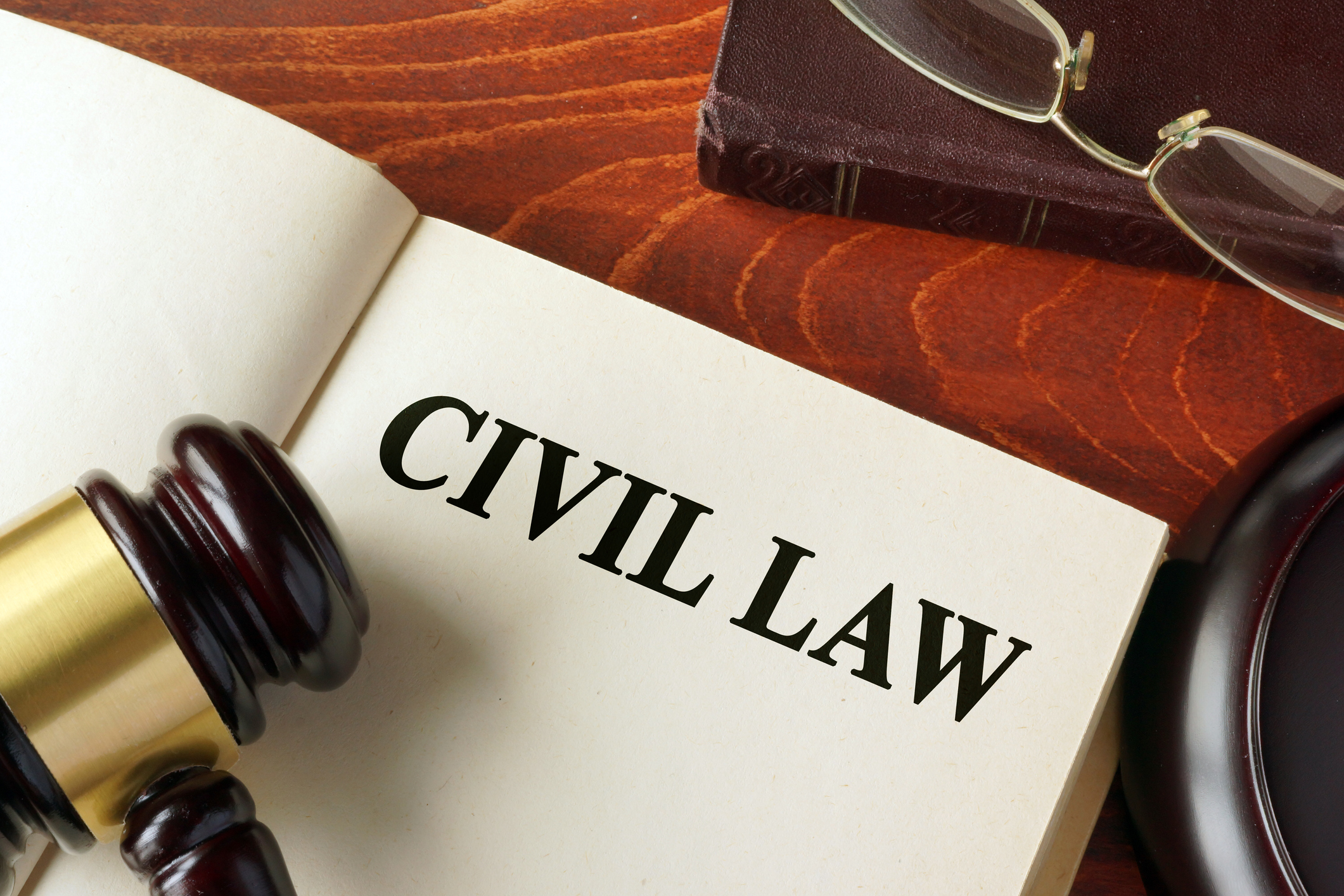
When a company in New Jersey loses a civil litigation case, it may seem like the end of the line for the business, especially if the judge’s award to the plaintiff is large. However, there are some instances when an appeal is possible, and the company may not even have to pay the award before an appeal is completed.
Neither party can appeal a case simply because they don’t like the verdict. According to the New Jersey Standards for Appellate Review, the grounds for an appeal rest primarily on whether an error was made during the trial, and if so, whether that error affected the outcome negatively. The appellate review goes over the court records in looking for a mistake; neither party can submit new evidence. Errors that an appellate court may identify include the following:
- Errors in the instructions given to the jury
- Juror misconduct or improper influence
- Judge’s abuse of his or her discretionary power in determining the outcome
- Jury error in verdict against the weight of evidence
- Error in the establishment of the facts of the case
- Counsel’s remarks improperly influence the jury
Once an error has been established, the appellate court must decide if it was serious enough to result in an unjust outcome. For example, if the case in question is a jury trial, the potential for an unjust outcome must be enough to create a reasonable doubt about whether the jury came to its conclusion because of the error, and wouldn’t have reached that decision otherwise.
According to the New Jersey rules governing the state courts, if the company has grounds for appeal, it may be granted a stay so that the award does not have to be paid to the plaintiff until after the appellate court gives its decision. If the court grants the stay, the company would likely have to post a supersedeas bond, a cash deposit or another form of security to show good faith.
